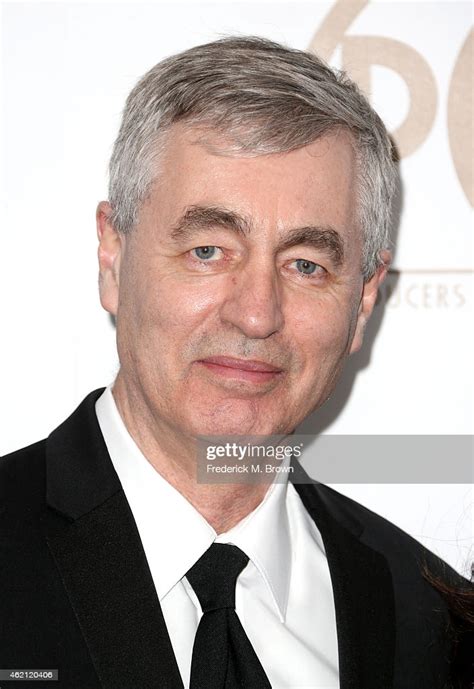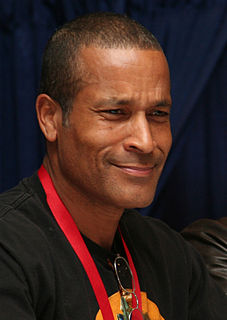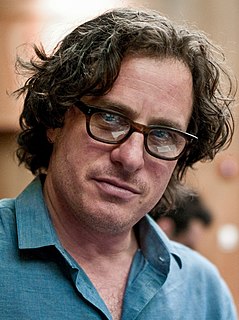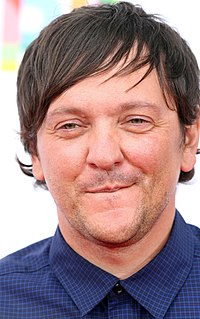A Quote by Todd Phillips
Reality television hasn't killed documentaries, because there are so many great documentaries still being made, but it certainly has changed the landscape. There is this breed of gimmicky documentary that is basically a reality show.
Related Quotes
I started in documentaries. I started alone with a camera. Alone. Totally alone. Shooting, editing short documentaries for a French-Canadian part of CBC. So to deal with the camera alone, to approach reality alone, meant so much. I made a few dozen small documentaries, and that was the birth of a way to approach reality with a camera.
One of the differences between real documentaries and reality television, besides the artificial construct of reality television, is that the people who are recruited to be on those shows, and the people who are interested in going on those shows, basically want to be famous. Or maybe they can win a million dollars or something.
One day I decided to move towards documentaries or to move to more directing in documentaries at this point in my career. Why documentaries? I also love fiction. I would love to direct a fiction movie as well. But I think where I come from, reality is so interesting and has in it so many good stories to tell, this is why I'm doing that. I'm enjoying that.
Most people look at a feature film and say, "It's just a movie." For me there is no border or wall between fiction and documentary filmmaking. In documentaries, you have to deal with real people and their real feelings - you are working with real laughter, happiness, sadness. To try to reflect the reality is not the same as reality itself. That's why I think that making a good documentary is much harder than making a good feature film.
Like all great documentaries, The Act of Killing demands another way of looking at reality. It starts as a dreamscape, an attempt to allow the perpetrators to reenact what they did, and then something truly amazing happens. The dream dissolves into nightmare and then into bitter reality. An amazing and impressive film.





































